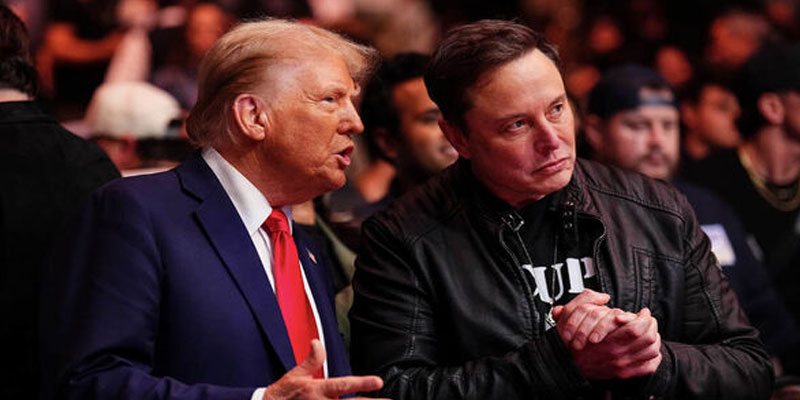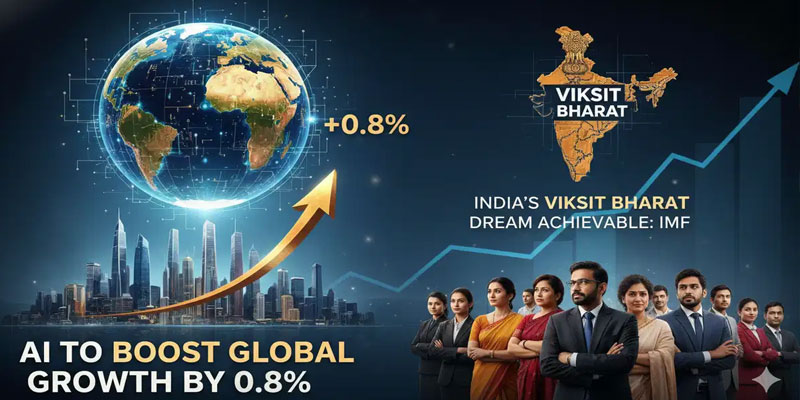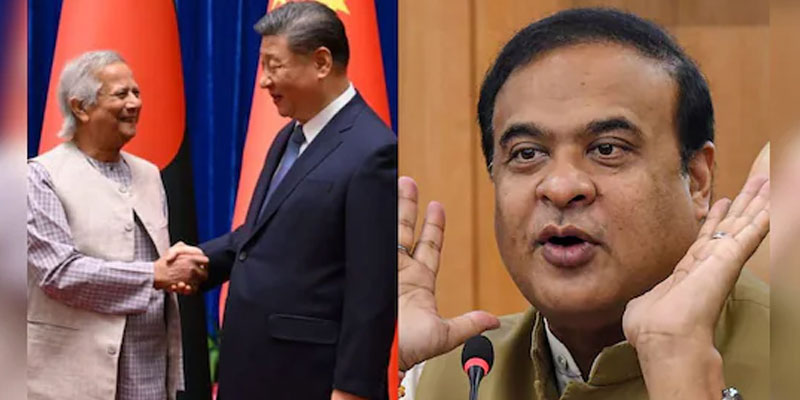A Clash Over the “Beautiful Bill”
Elon Musk ramps up attack on Trump tax and spending bill. The Tesla and SpaceX CEO, once a visible ally of Donald Trump, has taken to his platform X to condemn the president’s much-touted tax and spending proposal. The legislation—hailed by Trump as a “big beautiful bill”—has drawn fire from Musk, who labeled it a “disgusting abomination” and accused lawmakers of pushing the nation toward bankruptcy.
Musk, once briefly at the helm of the now-defunct Department of Government Efficiency under Trump’s watch, is no stranger to political entanglements. He has also become a dominant voice in the meme cryptocurrency Dogecoin (DOGE), helping to pump its popularity. While Musk's influence helped push DOGE to new heights and garnered him a quasi-cult status online, his promises of decentralization and a tech-driven financial revolution remain largely unfulfilled.
Now, Musk’s criticism of the very administration that once entrusted him with influence marks a significant fracture in his relationship with Trump and the GOP establishment.
DOGE, Promises, and Performances: Musk’s Complex Journey
Musk’s public support for Dogecoin over the past few years helped catapult the coin from obscurity into a mainstream financial curiosity. Through tweets, appearances, and memes, Musk drove DOGE’s valuation sky-high—though the cryptocurrency still lacks broad real-world utility. Investors were divided: some hailed him as a tech messiah, others as a manipulator.
Despite massive attention and volatility, the promised infrastructure and real utility of DOGE never fully materialized. Musk touted integrations with Tesla for merchandise and floated the idea of using DOGE for Twitter (now X) payments, but these ideas have yet to mature into scalable solutions. His pattern of bold declarations often overshadowed a more modest delivery.
Yet, his advocacy wasn’t without gain—Dogecoin surged in value, Musk expanded his social capital, and his political relevance grew. This culminated in his brief advisory role under Trump, further tying his name to federal policy.
The Fallout: Musk’s Assault on the Trump Bill
Musk’s latest campaign is personal and public. Calling on his 200+ million followers, he demanded that lawmakers “KILL the BILL” and “Call your Senator, Call your congressman.” He claims the bill, which includes substantial cuts to electric vehicle subsidies and defense contracts—both core to Tesla and SpaceX—will balloon the national deficit and economically “enslave” Americans.
The billionaire warned the bill could increase the debt ceiling by $5 trillion and deepen the deficit to $2.5 trillion. His posts came rapid-fire: “Bankrupting America is NOT OK!” and “Mammoth spending bills are bankrupting America! ENOUGH.” He even promised to campaign against lawmakers who support the bill in 2024.
Yet, what makes this attack more dramatic is its target: Trump himself. Despite Trump's earlier praise of Musk, including a repost on Truth Social celebrating Musk’s leadership on DOGE, Musk’s harsh criticism marks a public unraveling of their alliance.
White House and GOP Push Back
The response from Washington was swift. White House Press Secretary Karoline Leavitt shrugged off Musk’s remarks, affirming, “The president already knows where Elon Musk stood on this bill. It doesn’t change the president’s opinion. This is one big beautiful bill and he's sticking to it.”
House Speaker Mike Johnson labeled Musk’s views as “flat wrong” and suggested that his personal stake in Tesla’s fortunes clouded his perspective. “I know that the (electric vehicle) mandate is very important to him. That is going away because the government should not be subsidizing these things. It’s part of the Green New Deal,” Johnson said.
Some Republican senators dismissed Musk’s political relevance. “I don’t think very many senators are that interested in what Elon has to say,” remarked Senator Kevin Cramer of North Dakota. “It’s amusing. But we’re serious policymakers.”
Even as Johnson attempted to reach out to Musk privately, the entrepreneur responded publicly, doubling down on his criticism with another post: “We need a new bill that doesn’t grow the deficit.”
Between Disruption and Self-Interest
Elon Musk’s dramatic break with Trump over the so-called “beautiful bill” is more than a policy disagreement—it’s a convergence of personal interest, ideological rift, and public spectacle. While Musk raises valid concerns about fiscal responsibility and government waste, critics argue that his motives may be entangled with the bill’s direct threat to his financial empire.
Still, his reach and rhetoric cannot be ignored. Musk’s words will sway millions, ignite debate, and possibly shape legislative outcomes. Whether he’s a disruptor defending public interest or a billionaire shielding his bottom line, one thing is clear: Musk remains a powerful, unpredictable force in both politics and business.
(With agency inputs)



















